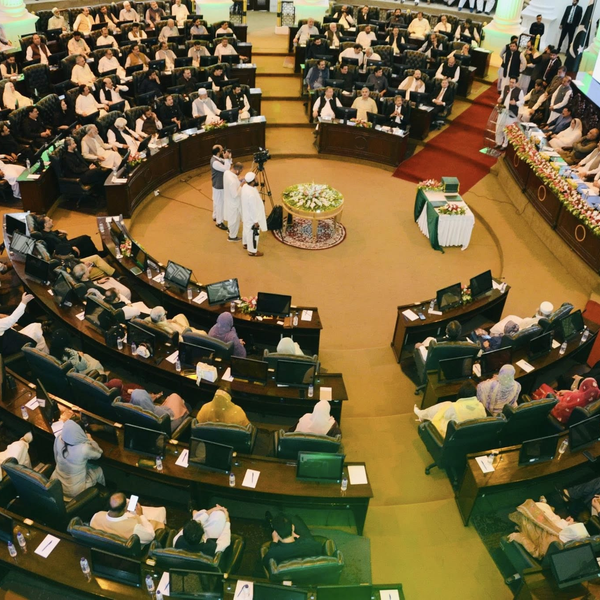After constitutional amendments, consensus on ‘Charter of Economy’ key for stability
Nukta Founder and CEO Kamran Khan details 26th Amendment process in the latest episode of 'On My Radar'
News Desk
The News Desk provides timely and factual coverage of national and international events, with an emphasis on accuracy and clarity.
Amendment introduces 27 constitutional changes, altering judicial appointments and powers
Passed with support from ruling coalition and some opposition members
May signal an end to weeks-long political crisis and bring much needed stability
Pakistan's parliament passed the 26th Amendment to the constitution in the early hours of the morning on Monday, significantly altering the country's judicial system.
The rapid-fire process has been detailed by Nukta founder and CEO Kamran Khan in the latest episode of "On My Radar."
The amendment, introducing 27 constitutional changes, received broad support from the ruling coalition and some opposition members. Key changes include a new process for appointing the Chief Justice, revoking the Chief Justice's suo motu powers, and establishing constitutional benches in the Supreme Court and High Courts.
The amendments have sparked debate about judicial independence. PPP's Bilawal Bhutto-Zardari defended the changes, citing concerns about judicial overreach in political matters.
Meanwhile, Prime Minister Shehbaz Sharif expressed optimism about the reforms, suggesting they would prevent judicial interference in political and economic matters.
Khan concluded by calling for unity and suggesting that similar consensus should be sought for a "Charter of Economy" to address Pakistan's challenges.











Comments
See what people are discussing